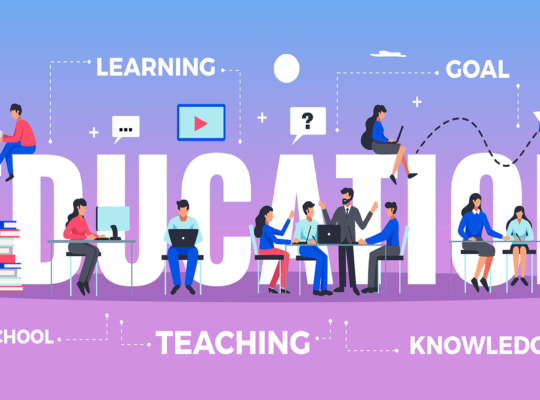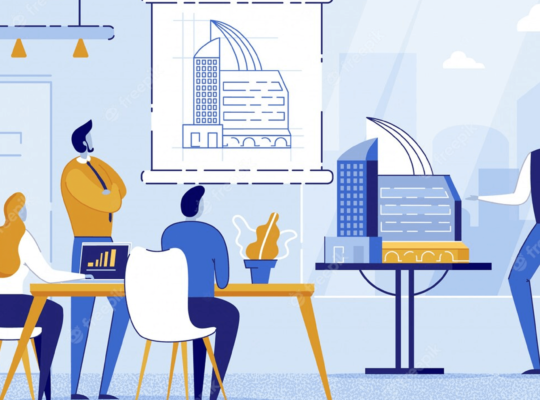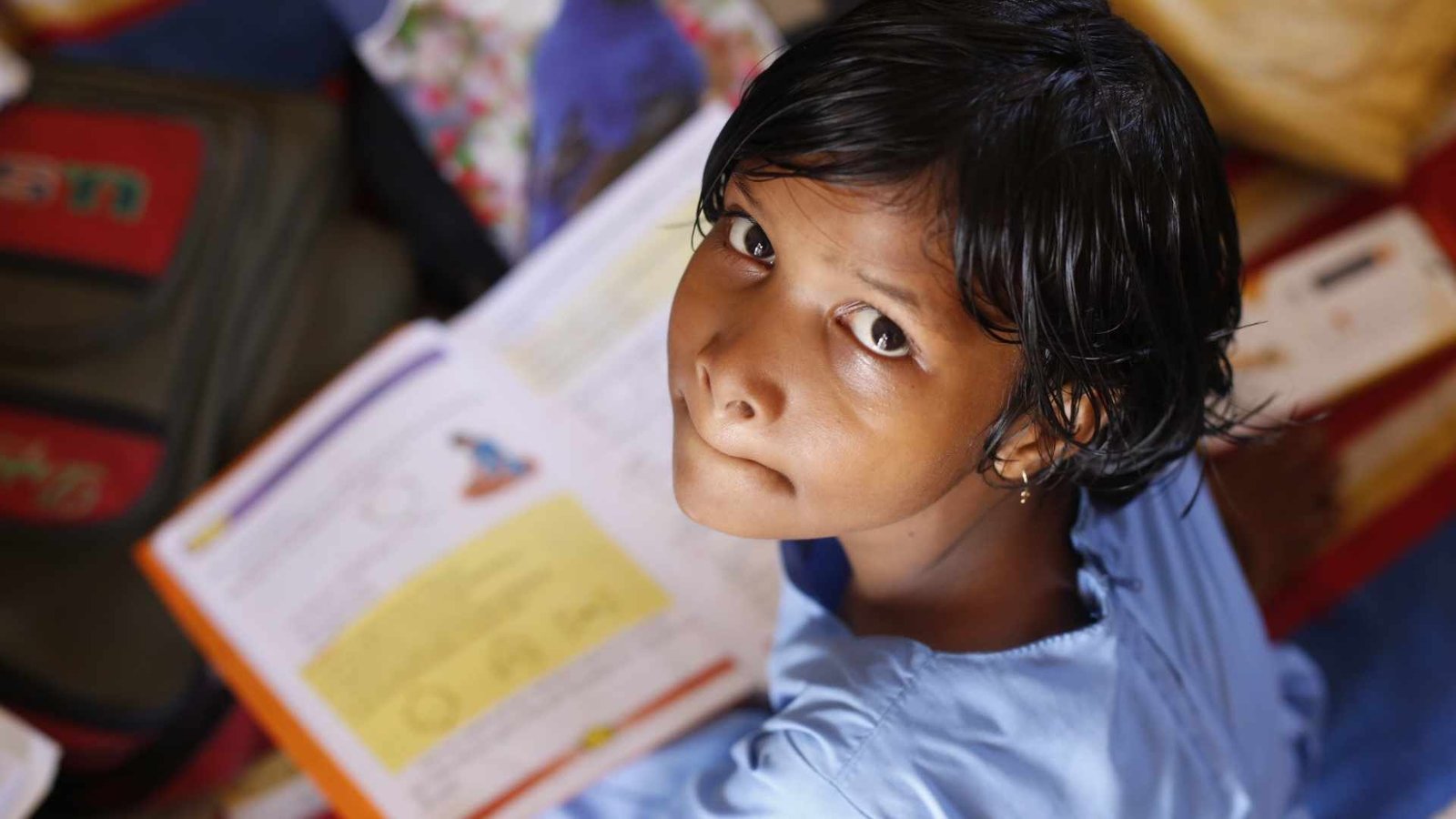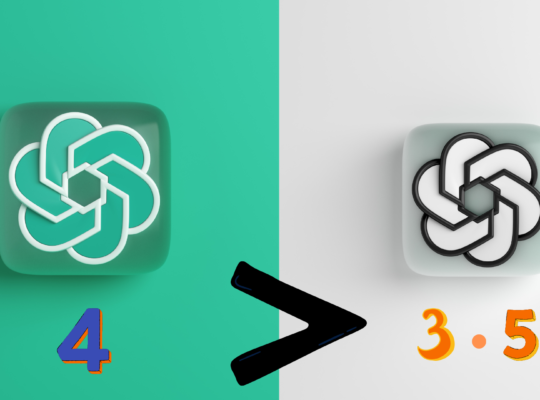Pakistan is a country that faces many challenges in terms of providing quality education to its population. One of the biggest challenges is the disparity in educational opportunities between students living in urban areas and those living in remote areas. Students from remote areas often face a number of unique challenges when it comes to accessing quality education, including a lack of infrastructure, limited resources, and social and cultural barriers. However, technology can help to overcome many of these challenges and provide students with the opportunity to receive a quality education, regardless of where they live.
One of the main challenges faced by students from remote areas in Pakistan is a lack of infrastructure. Many schools in these areas are poorly equipped and lack the basic resources needed to provide quality education. This can include everything from books and teaching materials to basic facilities like electricity, clean water, and functional classrooms. In many cases, the nearest school may be several miles away, making it difficult for students to attend regularly.
Technology can help to bridge this gap by providing access to online resources and digital learning tools. Through the use of the internet, students can access educational materials and connect with teachers and other students from around the world. This not only expands their learning opportunities but also helps to break down the barriers that can prevent them from accessing quality education.
Another challenge faced by students from remote areas in Pakistan is limited resources. Many families in these areas live below the poverty line, making it difficult to afford the cost of education. In addition, many students may have to work to support their families, making it difficult to attend school regularly.
Technology can help to address this challenge by providing access to free or low-cost educational resources. There are a number of online platforms that provide free access to educational content, including videos, textbooks, and other learning materials. This not only makes education more accessible for students from remote areas but also helps to reduce the financial burden on families.
Social and cultural barriers can also prevent students from remote areas in Pakistan from accessing quality education. Many families in these areas may not value education as highly as those in urban areas, and girls, in particular, may face cultural barriers that prevent them from attending school.
Technology can help to address these barriers by providing access to online learning resources that can be accessed from the privacy of the student’s own home. This can help to reduce the stigma and social pressures that may prevent students from attending school, and can also help to promote gender equality by providing girls with access to educational opportunities that may not be available in their communities.
In conclusion, students from remote areas in Pakistan face a number of unique challenges when it comes to accessing quality education. However, technology can help to overcome many of these challenges and provide students with the opportunity to receive a quality education, regardless of where they live. By providing access to online resources and digital learning tools, technology can help to bridge the infrastructure gap, reduce financial barriers, and promote gender equality. As such, it is important that efforts are made to ensure that students from remote areas in Pakistan have access to these technologies so that they can receive the education they need to succeed.

Meet Omama Ansari, the innovative head of the Edtech program at Off The School (OTS). He brings a wealth of technical expertise to his role with a Bachelor of Engineering degree in Computer Information Systems from NED University.


















